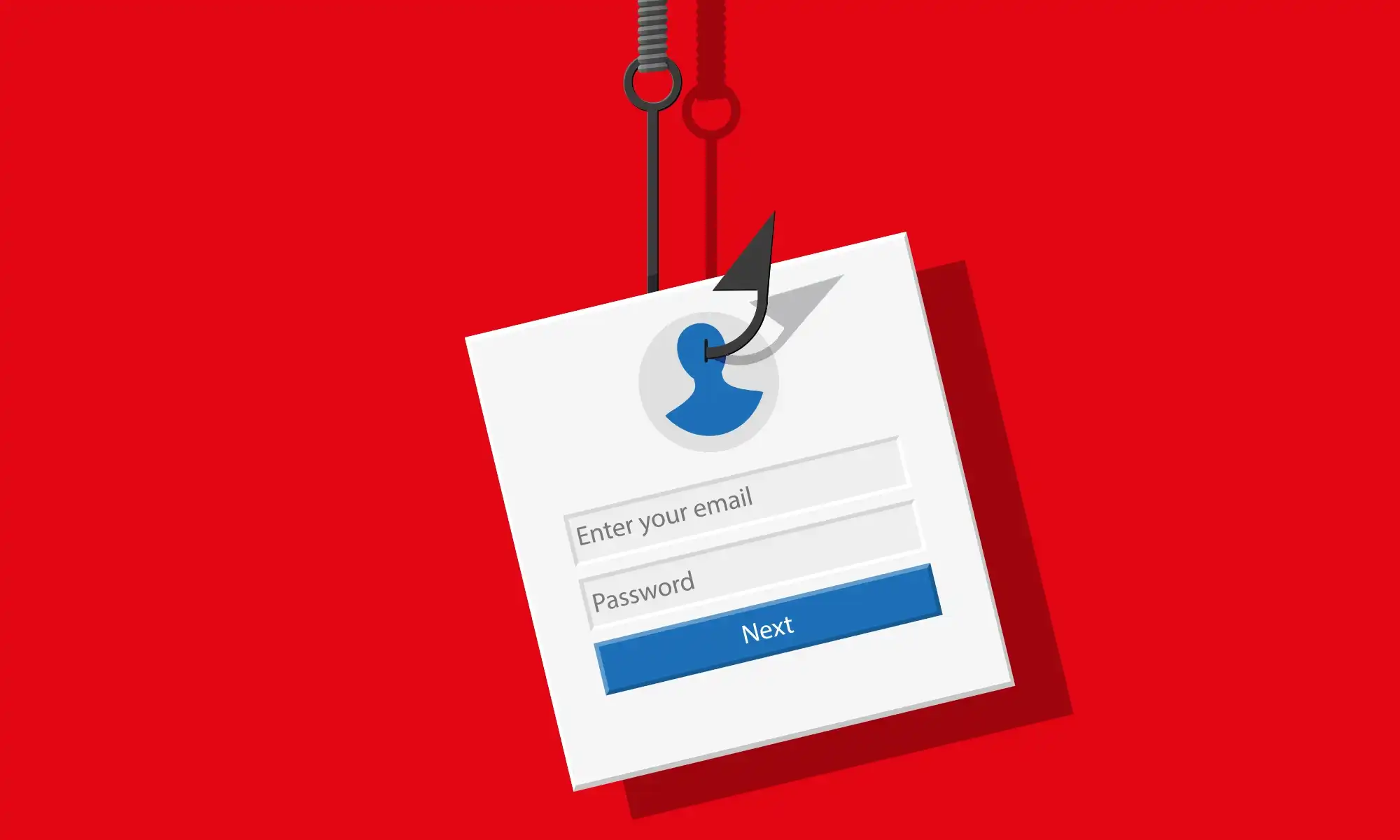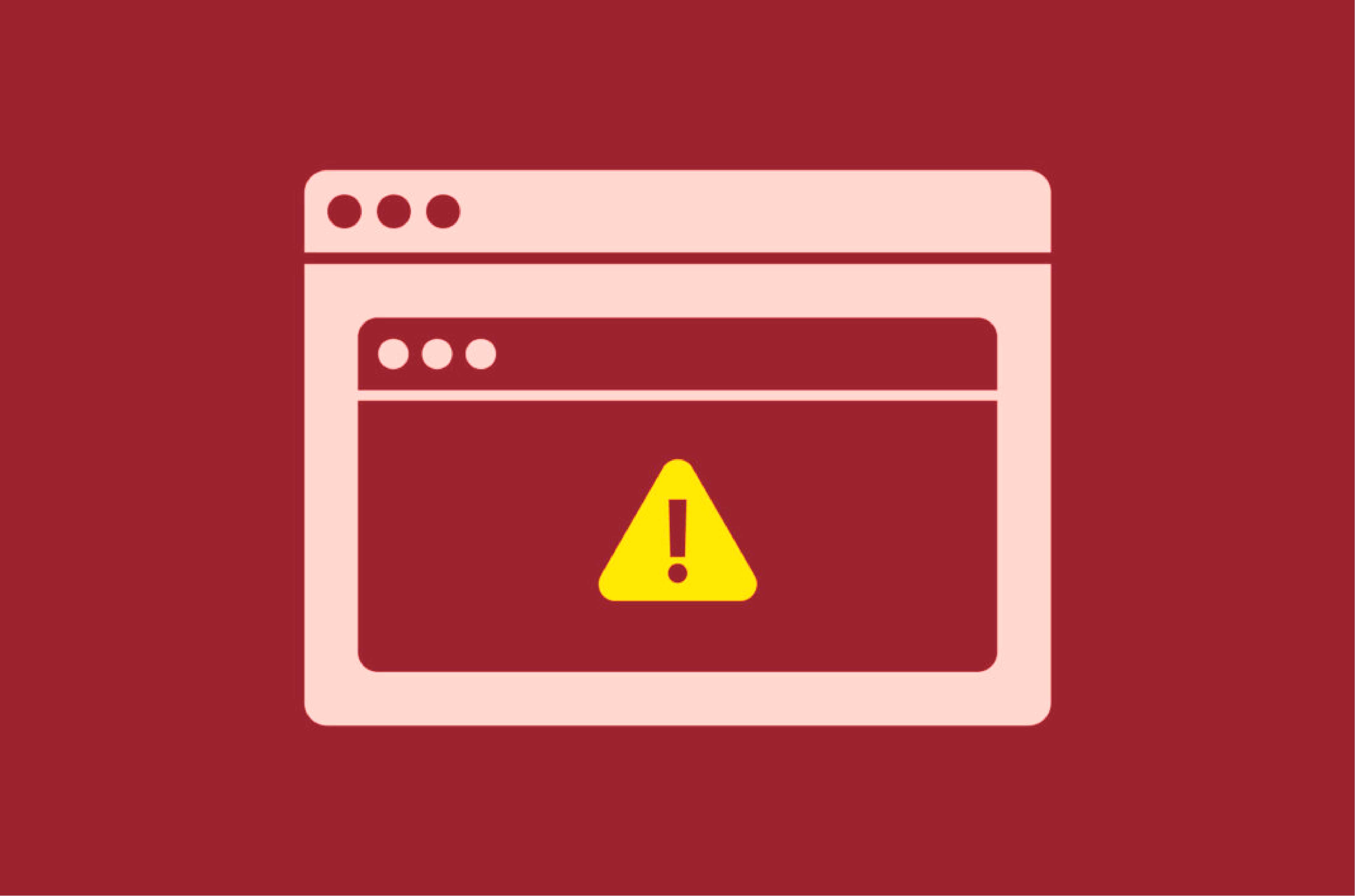We have recently observed various groups on social media platforms where individuals are engaging in the act of “Credit or Debit card loading”, “Bank loading” or “Gift-card loading” etc.
03 Aug 2023

These practices involve inviting individuals to deposit/receive funds through different payment service providers and banking channels. In exchange for their deposits, participants are promised attractive returns or opportunities.
Various individuals were also observed on social media sharing and inquiring about card loading based on BIN numbers referring to loading funds on cards or digital cards based on specific BIN numbers. An example of such posts can be seen in the screenshots below. Since specific BIN ranges are allocated for prepaid or digital cards, these BIN ranges are targeted for loading purposes.

Fig 1: Screenshots taken from Facebook group “Loaders and Receivers”
"Loaders" and "Receivers" are terms used to describe the roles of individuals involved in a particular type of scheme. These roles are often associated with money laundering and illegal transfer of funds. Here's what each term means:
Loader: A loader is an individual or group responsible for loading funds onto cards or other payment instruments using various means, including stolen credit card information, compromised bank accounts, or illicitly obtained funds. They may use techniques like credit card bust-out scams or unauthorized transfers to load money onto cards.
Receiver: A receiver is an individual or group who receives the loaded funds, typically through cards, and is responsible for converting or transferring the funds to the fraudsters or the next stage in the money laundering process. The receiver may receive loaded cards, withdraw cash from ATMs, or use the cards to launder the money for purchases.
Risks involved in such Loading / Receiving schemes:
Once the target BINs are identified, funds are transferred or loaded onto the cards or accounts associated with those BINs. Depending on the card's capabilities, the cards or accounts with loaded funds can then be used for various purposes, such as making purchases, online transactions, or ATM withdrawals. Such practices can potentially be abused for fraudulent purposes leading to the following:
Credit Card Bust-Out Scams: In a bust-out scam, fraudsters obtain credit cards using stolen identities or fake information. They load these cards with funds, either through illicit means or by taking advantage of introductory offers with low or zero interest rates. Once the cards are loaded, they quickly max out the credit limit and disappear without making any payments. This leaves the legitimate cardholder or the card issuer responsible for the debt.
Money Laundering: Criminals may use credit card loading to launder money obtained through illegal activities. They load illicitly gained funds onto cards and then use those cards for legitimate purchases or withdrawals, making it difficult for law enforcement to trace the origin of the money.
Money Mule Accounts: Illegally obtained card details or hacked accounts may be exploited to transfer funds to a mule account controlled by fraudsters swiftly. Subsequently, the funds are instantaneously dispersed to various colluding recipients, who, in turn, forward the money or convert it to cash, thereby complicating the money trail and evading detection by anti-money laundering (AML) systems.
Various loading/receiving schemes that we have observed are as follows:
- Bank account Loading
- Credit or Debit Card Loading
- Crypto Loading
- Gift card or prepaid card Loading
- Paypal / Sendwave Loading
It's important to note that credit/debit card loading itself is not inherently fraudulent. Many legitimate uses exist, such as loading funds onto cards for personal budgeting or gifting purposes. However, it is crucial for individuals and financial institutions to be vigilant about potential abuse and to implement security measures to prevent fraudulent activities.
Recommendations:
To protect financial institutions and customers from fraudulent activities involving loaders and receivers, here are some recommendations they can implement:
- Raise awareness by issuing notices on official channels to the customers to avoid such card-loading practices.
- Educate customers about the risks of loading/receiving funds from unknown sources or through suspicious methods. Encourage them to report any unauthorized or suspicious transactions promptly.
- Strengthen identity verification processes when opening new accounts, issuing prepaid cards, or processing transactions. This includes using multi-factor authentication and conducting thorough background checks on customers to detect potential fraudulent actors.





